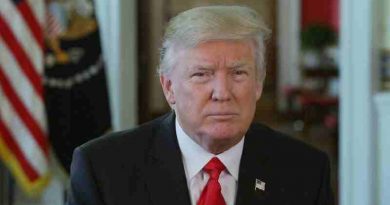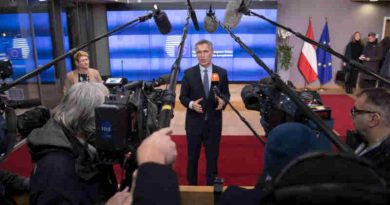USAID, Russia Join Hands for Energy Efficiency
The U.S. Agency for International Development (USAID) and the Russian Energy Agency (REA) signed a Protocol of Intent Wednesday (July 21) to deepen collaboration on energy efficiency, “smart grid” technology, and clean energy.
The agreement is based on the commitment by Presidents Barack Obama and Dmitry Medvedev at the June 24th U.S.-Russia Summit to promote energy efficiency and green technology.
Potential activities are expected to reduce energy loss in electricity systems and decrease levels of carbon emissions to help mitigate climate change.
The signing occurred as a part of a larger program of the U.S.-Russia Bilateral Presidential Commission Energy Working Group under the leadership of U.S. Secretary of Energy Steven Chu and Russian Minister of Energy Sergey Shmatko.
The U.S. and Russia are among the world’s largest emitters of greenhouse gasses per capita according to the World Bank. Both also have enormous potential for energy efficiency improvements.
A report by the World Bank Group estimated that realizing its full energy efficiency potential could save Russia up to $80 billion annually, says USAID.
The agreement with Russia is one of USAID’s efforts to improve energy efficiency, energy security, and clean energy technology in Europe and Eurasia and contribute to the President’s goal of fighting global climate change.
The agency is implementing a $13.5 million Ukraine Municipal Heating Reform Program aimed at improving the institutional framework and strengthening the capacity to implement energy efficiency projects in municipal utility systems and residential buildings across the country.
In Macedonia, USAID launched a pilot program with Habitat for Humanity, the International Resources Group, and local organizations to illustrate the impact of energy efficiency in low-income housing, which has potential to lower utility costs, reduce emissions, and create green jobs.
USAID also has a regional strategic planning activity in cooperation with Greek Ministry of Foreign Affairs to advance energy efficiency and renewable energy development through collaboration in nine countries.






